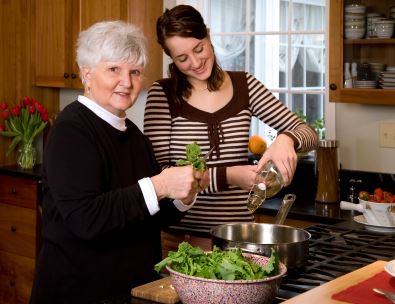
One in three of all reported fires in the U.S. takes place in residential homes. They start from a number of factors, including cooking, open flames, negligence, and more.
The key to preventing them is to understand the common places in the home they occur and putting safety measures in place to ensure they never transpire in the first place.
Where do house fires start?
House fires follow a pattern. Their cause can usually be traced to a handful of rooms, beginning in a handful of ways.
The Kitchen – half of all home fires originate in the kitchen. That’s because cooking, many household appliances, and an abundance of combustible items put fire danger at more risk.
Bedroom – bedrooms are filled with stuffed, plush objects that are very flammable.
Chimney – just like everything else in your home, chimneys should be cleaned and maintained on a regular basis. Every time you light a fire, ash accumulates on the inside of your chimney and increases the risk from both smoke and fire damage.
Laundry Room – dryer lint builds up over time if vents aren’t regularly maintained. The heat from running your dryer can cause lint to catch fire.
Outside – this is where grills, barbecues, firepits and open flames can take their toll.
What causes a fire?
Most house fires occur late afternoon and into the early evening. That’s when most people arrive home from a busy day and fire potential begins.
Cooking – never leave your food unattended. Fires can start and spread out of control in as little as 30 seconds. Have a class B fire extinguisher handy. Turn the stove and appliances off when you’re finished. Keep flammable materials away from hot areas. And when grilling outside, be sure to keep the grill at least 10 feet from your home and from vegetation.
Heating Equipment – fireplaces, chimneys, woodstoves and other heating equipment should be cleaned and tested on a regular basis. Hot water heaters and furnaces should be serviced regularly.
Appliances – ensure all appliances are approved by the Underwriters Laboratories (UL) and are well made and well maintained. Be sure they are properly functioning at all times.
Electrical Equipment – watch for frayed wires, surge marks, and damaged cords. If you see any exposed wires, feel a surge when you plug something in, or smell a burning odor with use, unplug and discontinue use.
Open Flames – fires can be enjoyable when properly contained and controlled, Ensure you are always in the vicinity and put flames out completely when finished.
Carelessness – negligence is often the root of the cause. This includes not putting out cigarettes, leaving burning candles, putting heating equipment too close to combustible items, and more.
House fires can take seconds to begin, minutes to burn out of control. They cause billions of dollars of damage each year. They claim a life every seven seconds. Ensure you have proper life saving equipment at home – smoke detectors, fire extinguishers, and a fire escape plan for your family. It can save your life.

